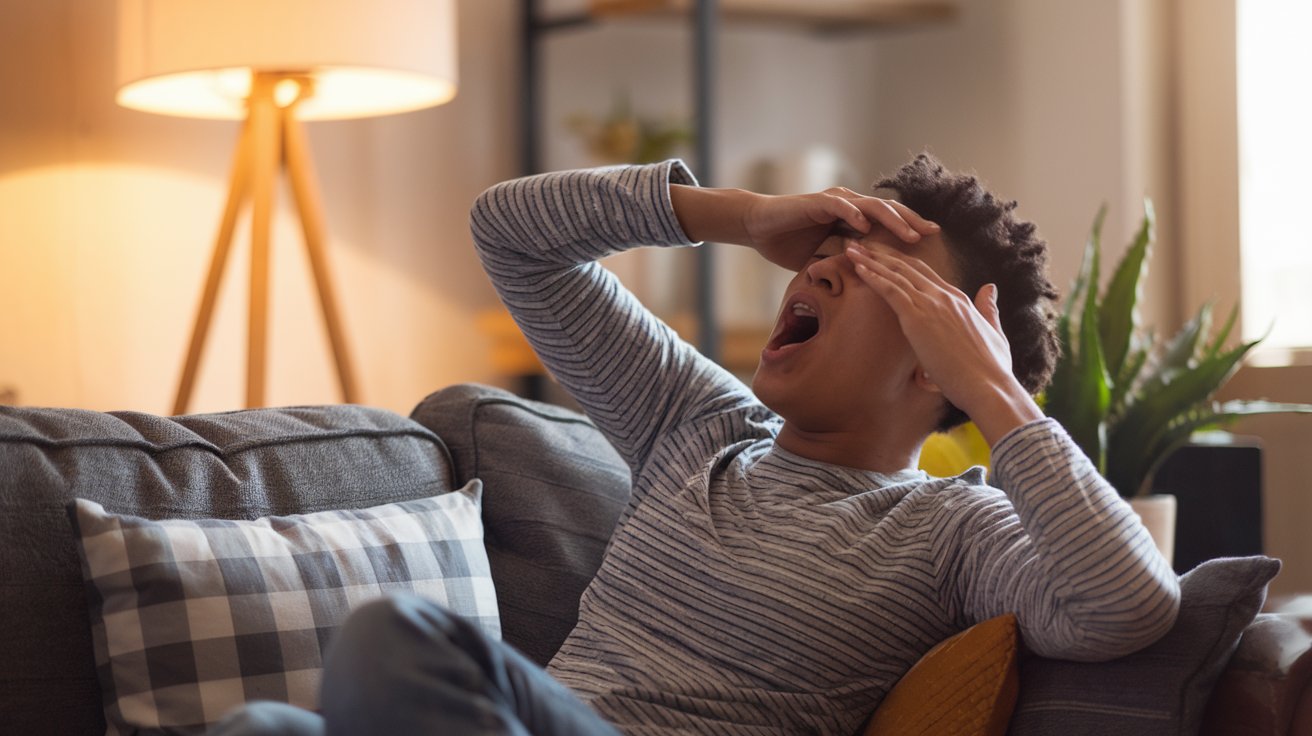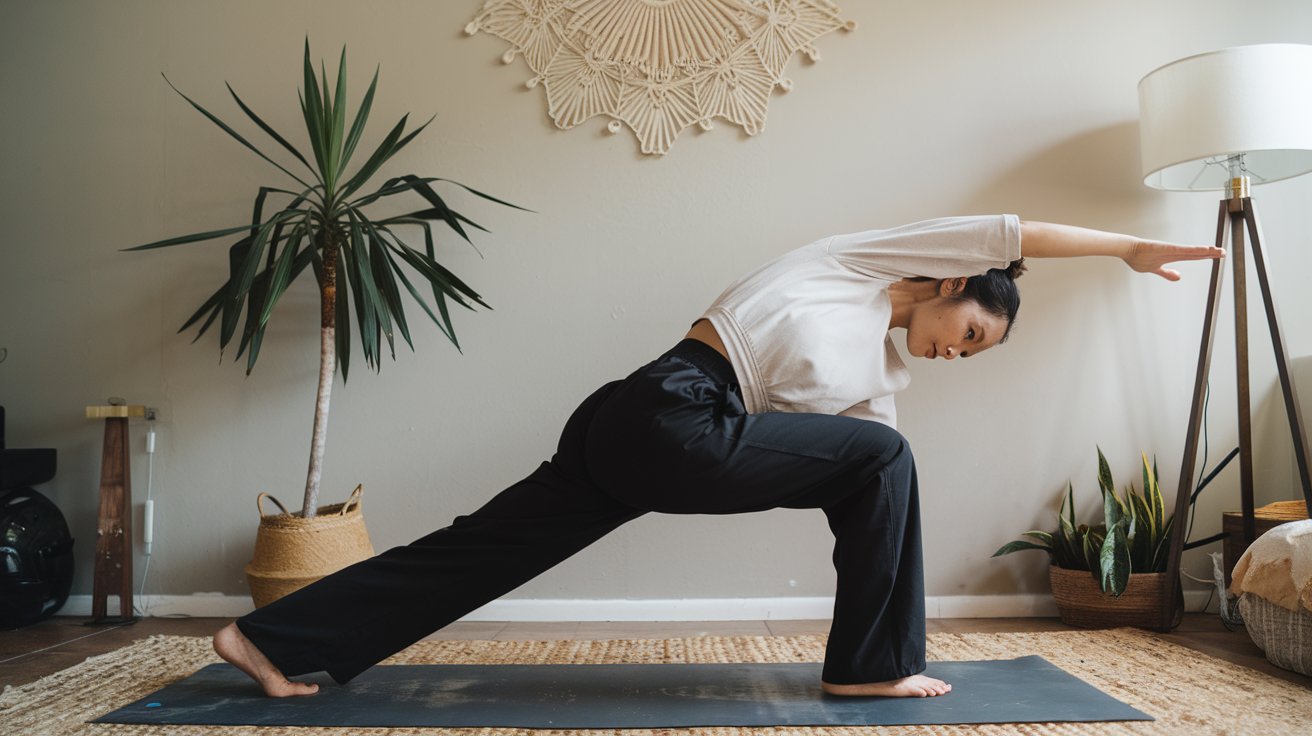
In today’s economic landscape, financial well-being and self-esteem are closely intertwined, particularly among women and younger generations. A recent survey reveals that 43% of women who feel dissatisfied with their financial situation also experience low self-esteem. Emotional spending is prevalent among these groups, with 58% of American Gen Z and 52% of millennials admitting to such behaviors, according to a Qualtrics study conducted on behalf of Credit Karma. This article explores the complexities of financial behaviors and their profound impact on self-worth.
Emotional spending often arises as a coping mechanism for those grappling with low self-esteem. Mind, a mental health organization, notes that individuals with diminished self-worth are more prone to purchasing “inferior” products compared to their high-esteem counterparts. This behavior is not only about acquiring goods but serves as a temporary escape from negative emotions.
Dr. Daniel Glazer highlights the fleeting nature of this relief, stating:
“The initial rush soon wears off, triggering self-judgement which further diminishes self-esteem, restarting the urge to spend for that fleeting reprieve.”
The cyclical nature of emotional spending can be detrimental, leading to a lack of confidence in making investment decisions. Staffell points out that emotional spenders often refrain from taking investment risks, causing them to miss potential financial gains.
The story of Lily Ellis, a 20-year-old from Oxford, UK, exemplifies this phenomenon. Since entering the workforce, she has impulsively spent nearly $20,000 on non-essential items. Lily candidly shares her experience:
“I noticed how my self-esteem affects my money a few years ago when I started earning. With the new disposable income I had, I was regularly buying lots of things that I didn’t necessarily need, like clothes to keep up with trends, makeup, beauty procedures, meals out, accessories and gifts.”
“I am clearly using shopping as a serotonin boost,” – Lily Ellis
This pattern often leads to regret, as Lily reflects on missed opportunities:
“It makes me feel regretful and disheartened. If it wasn’t for my little-and-often purchases, I could have bought a new car by now.”
Contrastingly, Nora Thomas-Dib, a 27-year-old from the United States, illustrates a different approach. By aligning her spending habits with long-term goals—like traveling through Europe—she has managed to save diligently over two years. Nora explains:
“I saved money for two years and made purchasing decisions based on my goal of traveling Europe.”
Her disciplined approach to spending has allowed her to maintain her aspirations without succumbing to impulsive buying habits.
“I’ve learned how to balance habits because if I don’t, I can easily end up back in my home city,” – Nora Thomas-Dib
Research indicates that self-control wanes as the day progresses, making individuals more susceptible to impulsive purchases. Dr. Daniel Glazer emphasizes the importance of recognizing the link between self-esteem and spending habits as a pivotal step toward change.
Lily Ellis has taken proactive steps to alter her spending behaviors by engaging with content that addresses overconsumption:
“Watching videos on TikTok about ‘overconsumption’ can help people realize the need for better coping mechanisms,” – Lily Ellis
Acknowledging the impact of self-esteem on financial decisions is crucial for those seeking to break free from detrimental spending cycles. Various individuals and experts concur that realizing this connection can serve as a turning point in modifying one’s behavior.
Featured Image made on Canva





Leave a Reply